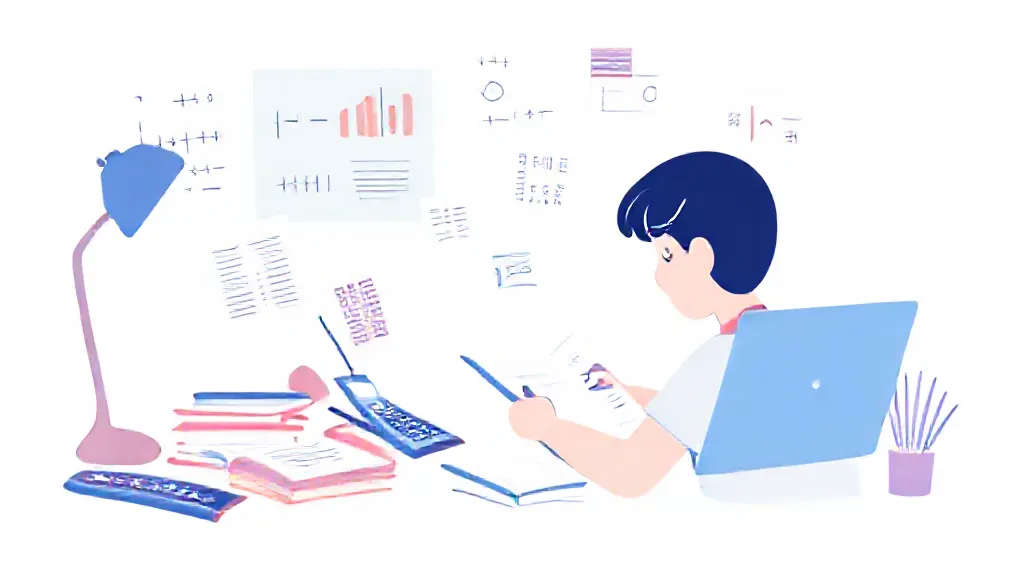Mathematics is often perceived as a challenging subject, but with the right strategies, anyone can learn math quickly and effectively. Understanding the tricks to mastering math can not only improve your grades but also enhance your problem-solving skills. This article explores various techniques that can help learners of all ages accelerate their math learning process.
Understanding the Basics
Before diving into advanced mathematical concepts, it is crucial to have a solid understanding of the basics. This includes mastering fundamental operations such as addition, subtraction, multiplication, and division. Techniques like flashcards, math games, and online quizzes can make learning these basics more engaging.
For example, using apps like Khan Academy or Mathway can provide interactive exercises that reinforce foundational skills.
Utilizing Mnemonic Devices
Mnemonic devices are memory aids that can help learners recall complex mathematical rules and formulas. For instance, the acronym PEMDAS (Parentheses, Exponents, Multiplication and Division, Addition and Subtraction) helps students remember the order of operations in math.
Creating rhymes or phrases associated with mathematical concepts can also enhance retention. This technique is particularly useful for memorizing formulas in algebra and geometry.
Practice with Real-World Applications
Applying math to real-world situations can significantly enhance understanding and retention.
For example, budgeting, cooking, or even shopping involves various mathematical calculations. By integrating math into everyday activities, learners can see the practical value of math and develop a deeper understanding of its applications. This approach not only makes math more relevant but also encourages active engagement with the subject.
Adopting a Growth Mindset
Having a growth mindset is essential for learning math quickly. This concept, popularized by psychologist Carol Dweck, emphasizes the belief that abilities can be developed through dedication and hard work. Students who adopt a growth mindset are more likely to embrace challenges and persist in the face of difficulties.
Encouraging a positive attitude towards mistakes as learning opportunities can foster resilience and improve overall performance in math.
Leveraging Technology
In today’s digital age, technology plays a vital role in education. Various online platforms and tools can facilitate faster learning in math.
Websites like IXL, ALEKS, and Mathletics offer personalized learning experiences, allowing students to progress at their own pace. Additionally, math-related YouTube channels can provide visual explanations of complex topics, making them easier to understand. Utilizing these resources can greatly enhance a learner's ability to grasp mathematical concepts quickly.
Group Study and Collaboration
Collaborating with peers can also accelerate math learning. Group study sessions encourage discussion and exchange of ideas, which can lead to a better understanding of challenging topics. Explaining concepts to others reinforces one’s own knowledge and helps identify any gaps in understanding.
Moreover, learning in a group can make the process more enjoyable, reducing anxiety associated with math.
Setting Specific Goals
Setting specific, measurable, achievable, relevant, and time-bound (SMART) goals is an effective strategy for learning math quickly. By breaking down larger objectives into smaller, manageable tasks, learners can track their progress and maintain motivation.
For example, a student might set a goal to master a specific type of problem each week, gradually building up their skills over time. This structured approach helps maintain focus and encourages consistent practice.
Regular Review and Practice
Finally, regular review and practice are essential for reinforcing math skills.
Spaced repetition, a learning technique that involves reviewing information at increasing intervals, can enhance long-term retention of mathematical concepts. Incorporating daily practice into one’s routine, whether through worksheets, online exercises, or math puzzles, can solidify knowledge and improve speed and accuracy in problem-solving.
By implementing these strategies, learners can significantly enhance their mathematical abilities and learn math faster.
Whether through technology, collaboration, or practical applications, the key is to remain engaged and persistent in the learning process. With dedication and the right techniques, anyone can become proficient in math and enjoy the journey of learning.
